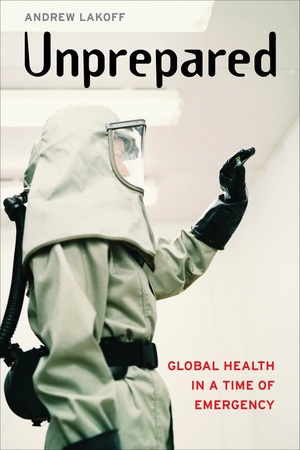Pandemics, Publics, and Narrative
How people interpret messages to guide action during a pandemic. This is the topic of this
book. The effects of storytelling in health communication are crucial and the book starts with the presumed contagion of swine flu by David Cameron.
Our analysis placed engagements with pandemic storytelling across public life in dialogue with the narratives on the enactment of expert advice. This dual approach helped to establish perspectives on how narratives influence publics to take action, or not. We took the view that narrative does not simply mediate pandemic knowledge and advice by helping to structure it intelligibly and meaningfully. We also questioned the idea that narratives persuade in and of themselves in ways that are not very far removed from now discredited notions of linear, hypodermic communications on matters
of health. We adopted the view that media are thoroughly entangled with experience and that pandemic narratives found there help to constitute subjects and the relationships they have with the expert knowledge systems that underpin public health efforts to manage microbial threats
Unlike states of illness, which depend on determinate biomedical diagnosis and the related transformation of identity and relationality, pandemic experience was most often indeterminate due to the infrequency with which influenza infection is diagnosed in a laboratory and the great variation in influenza symptoms between people, between influenza outbreaks, and even over the course of a particular influenza pandemic.
Pandemic narratives are placeholders for rich metaphors of life under threat. The metaphorical properties of contagion and immunity give pandemic narratives biopolitical resonance, connecting as they do: political imperatives to do with the production of life; the self defined and protected against the other; the milieu interieur scene for commune with microbial invaders and friends; the tensions implied in proximity and distance; and the coconstruction of narrative and knowledge.
Somebody will have to write a book about current covid-19 pandemic and the title could be: "We are all soldiers against covid". Nothing to add.



